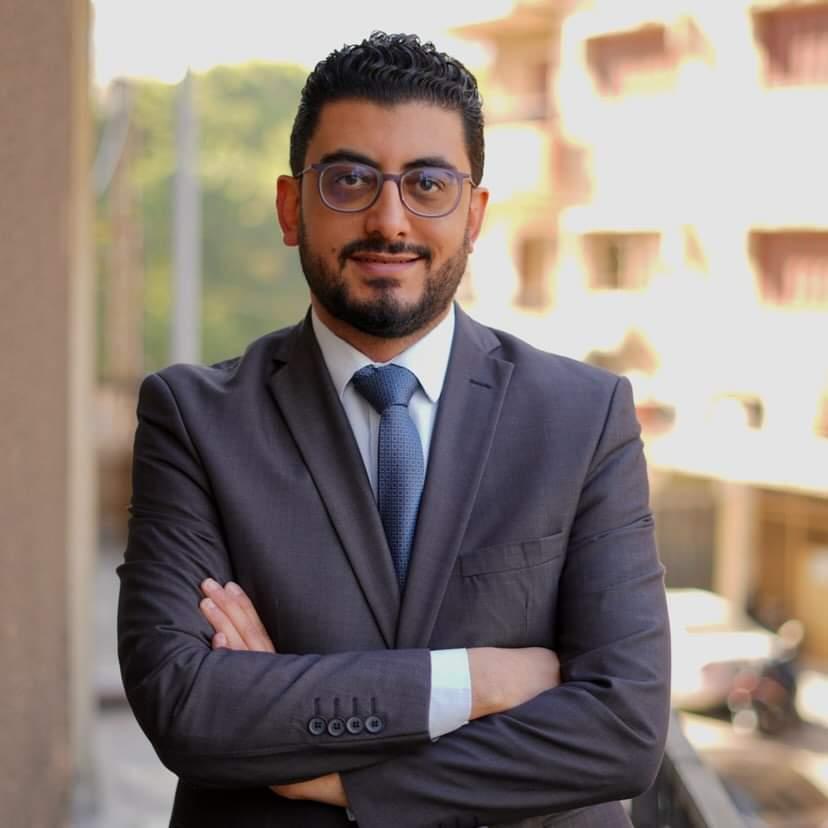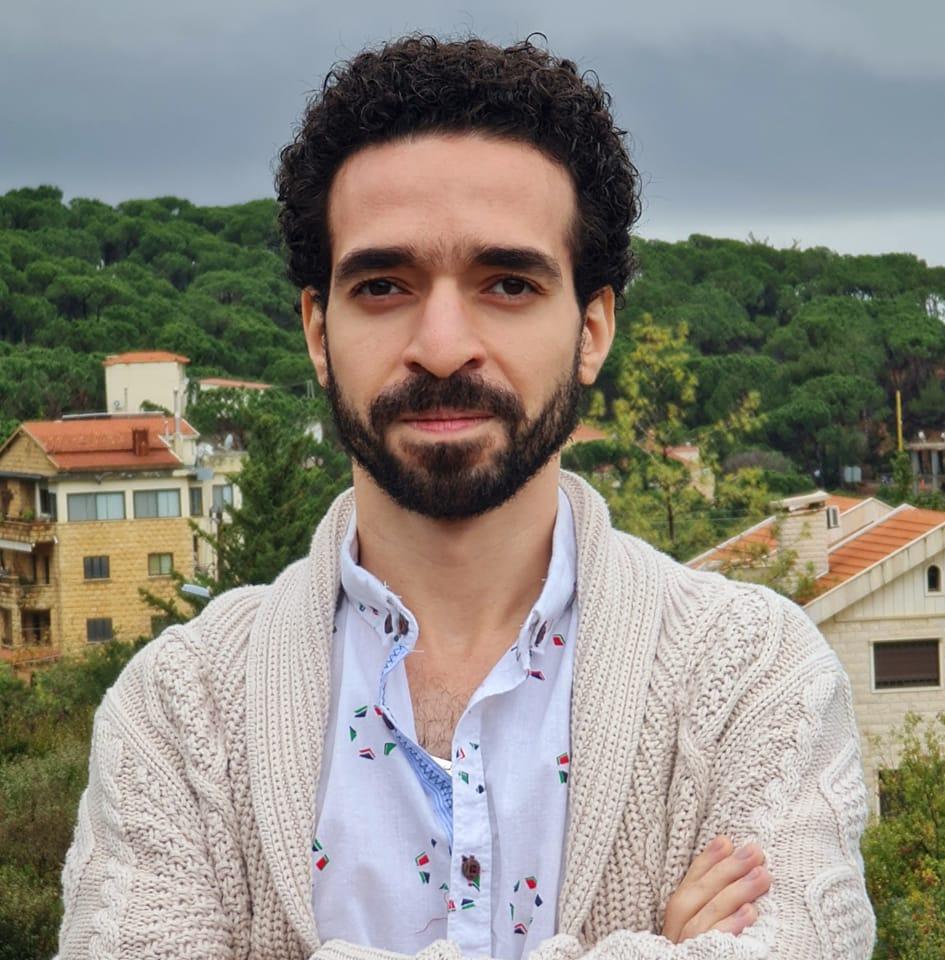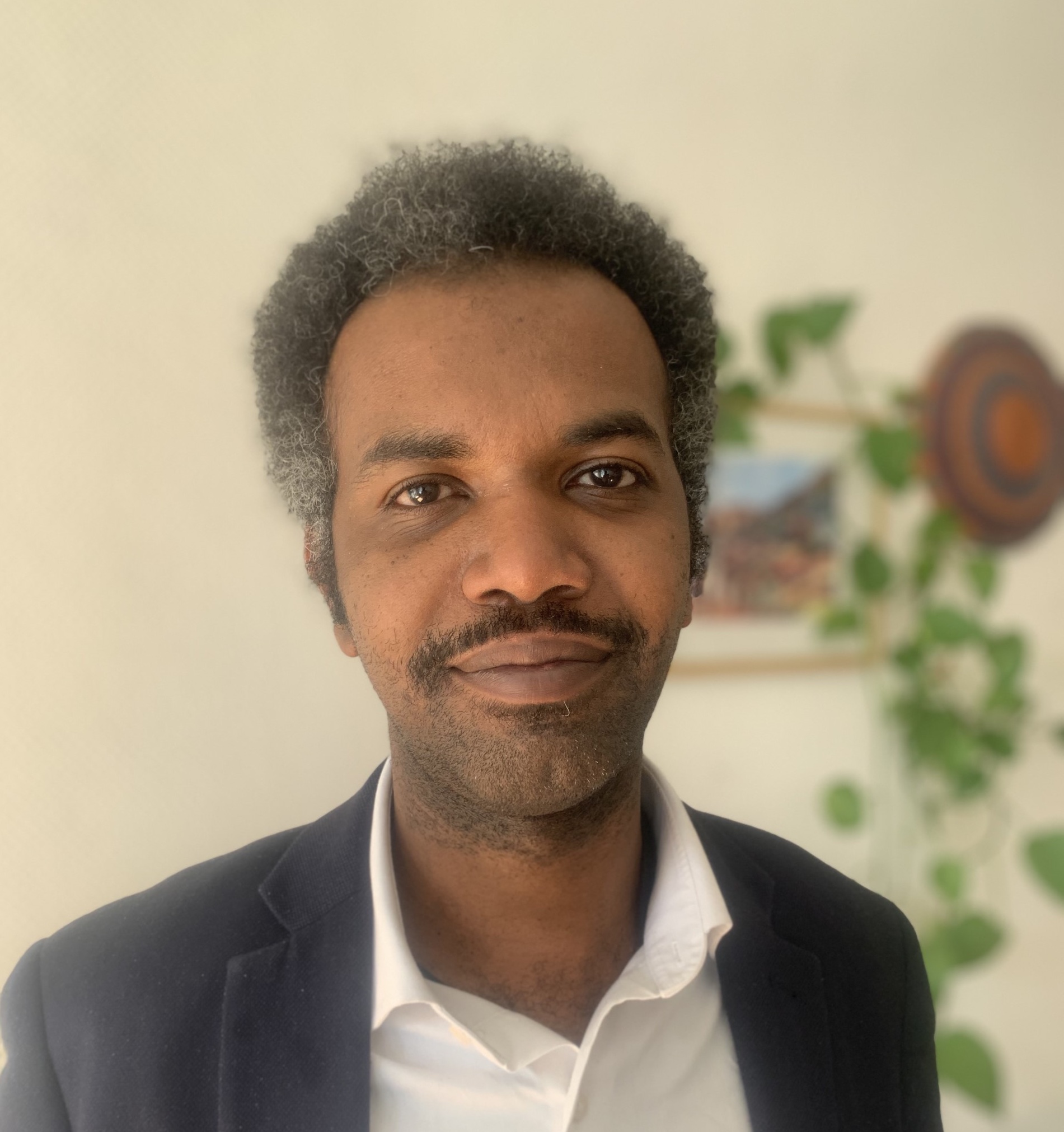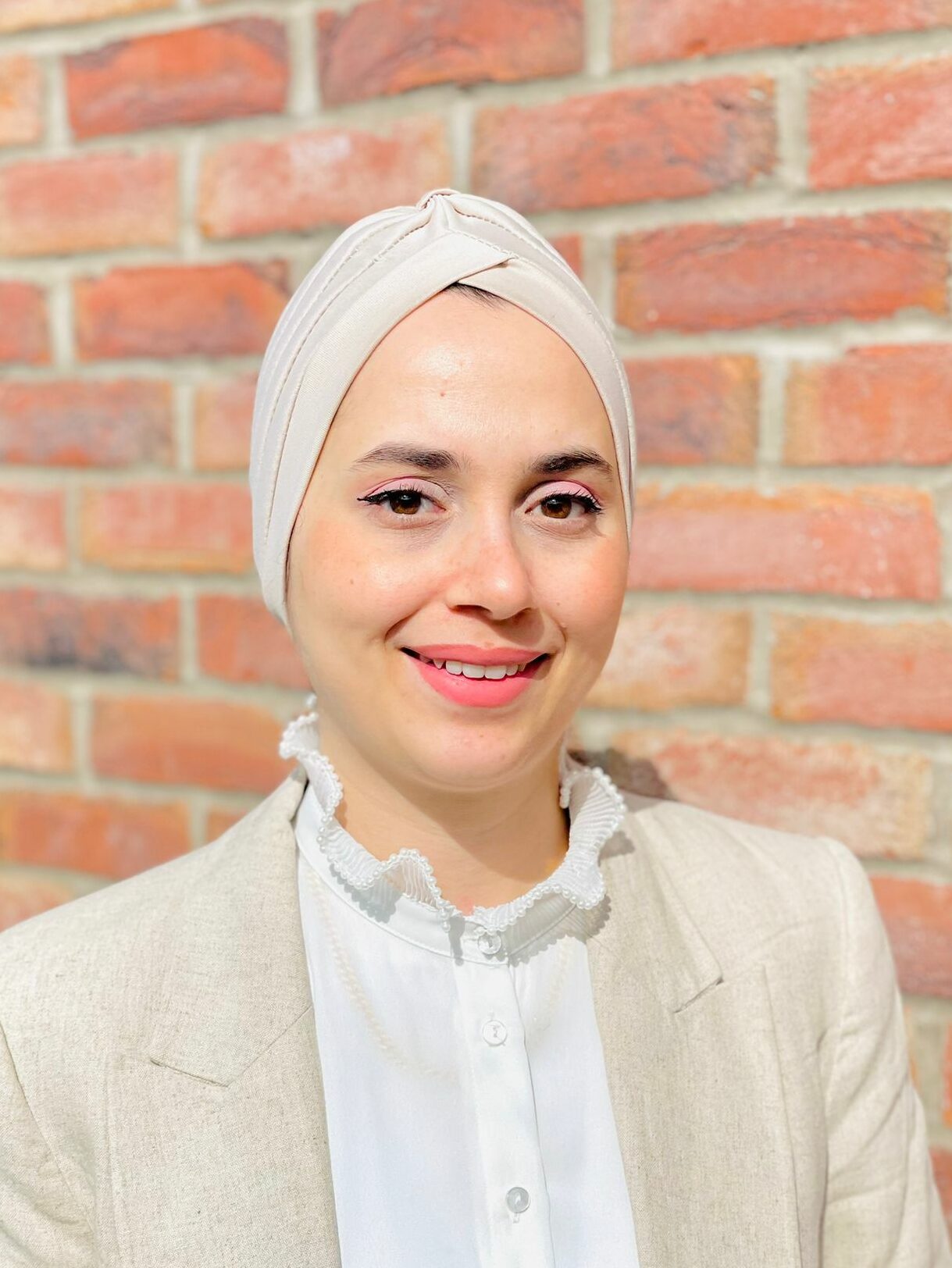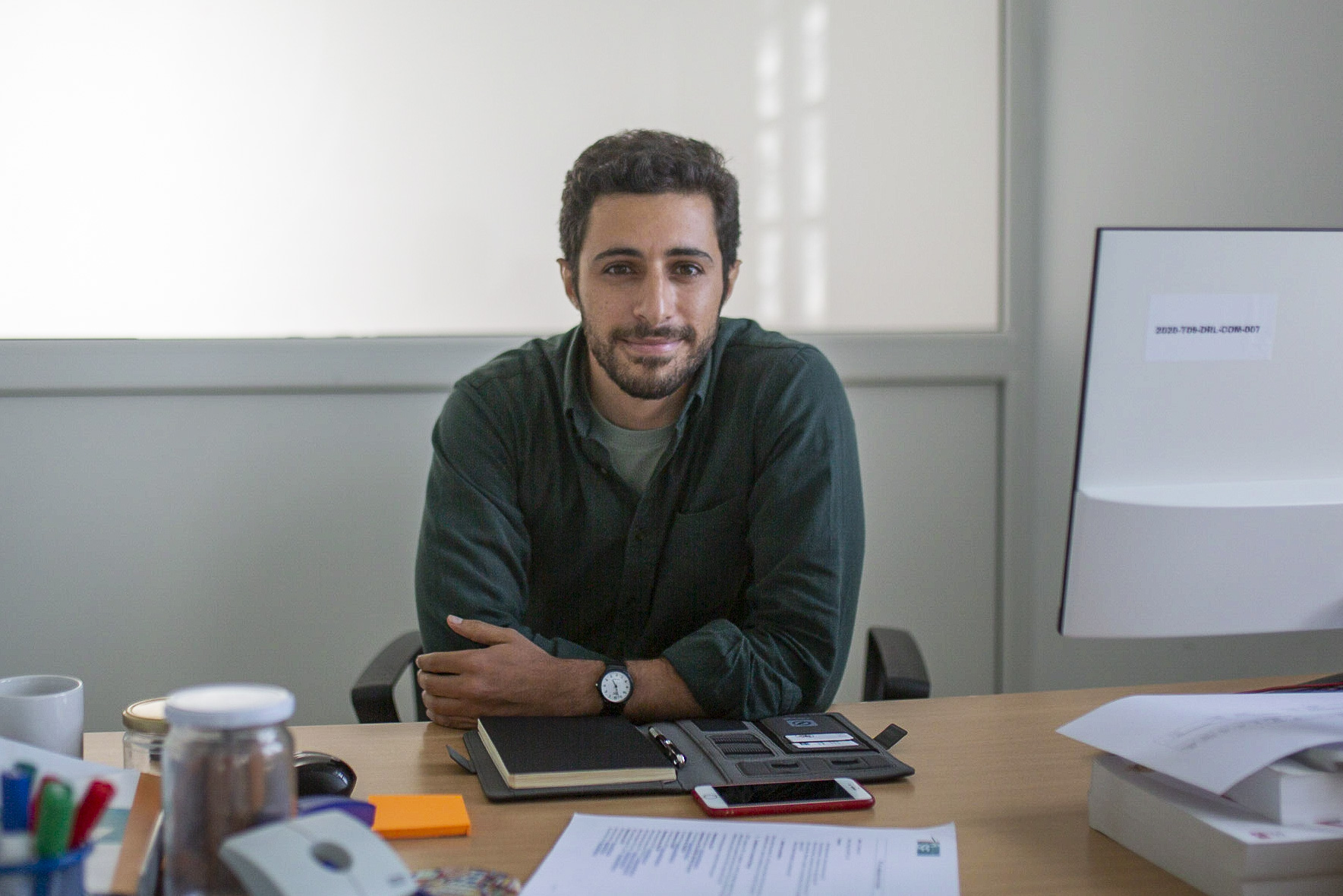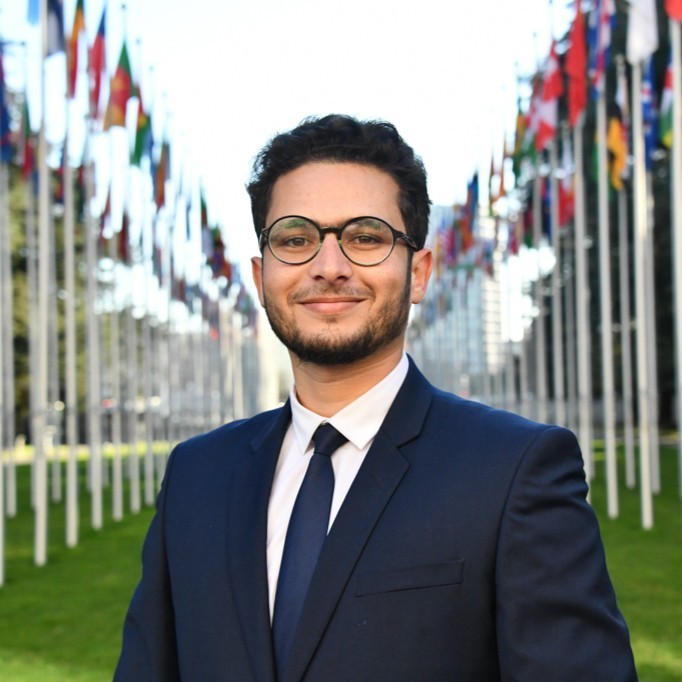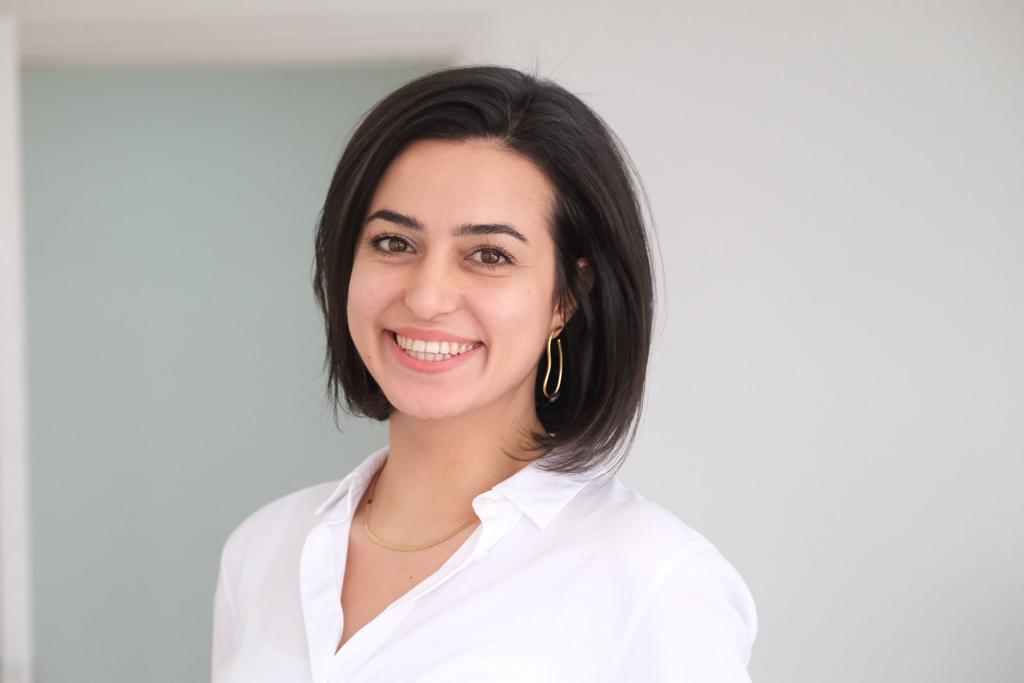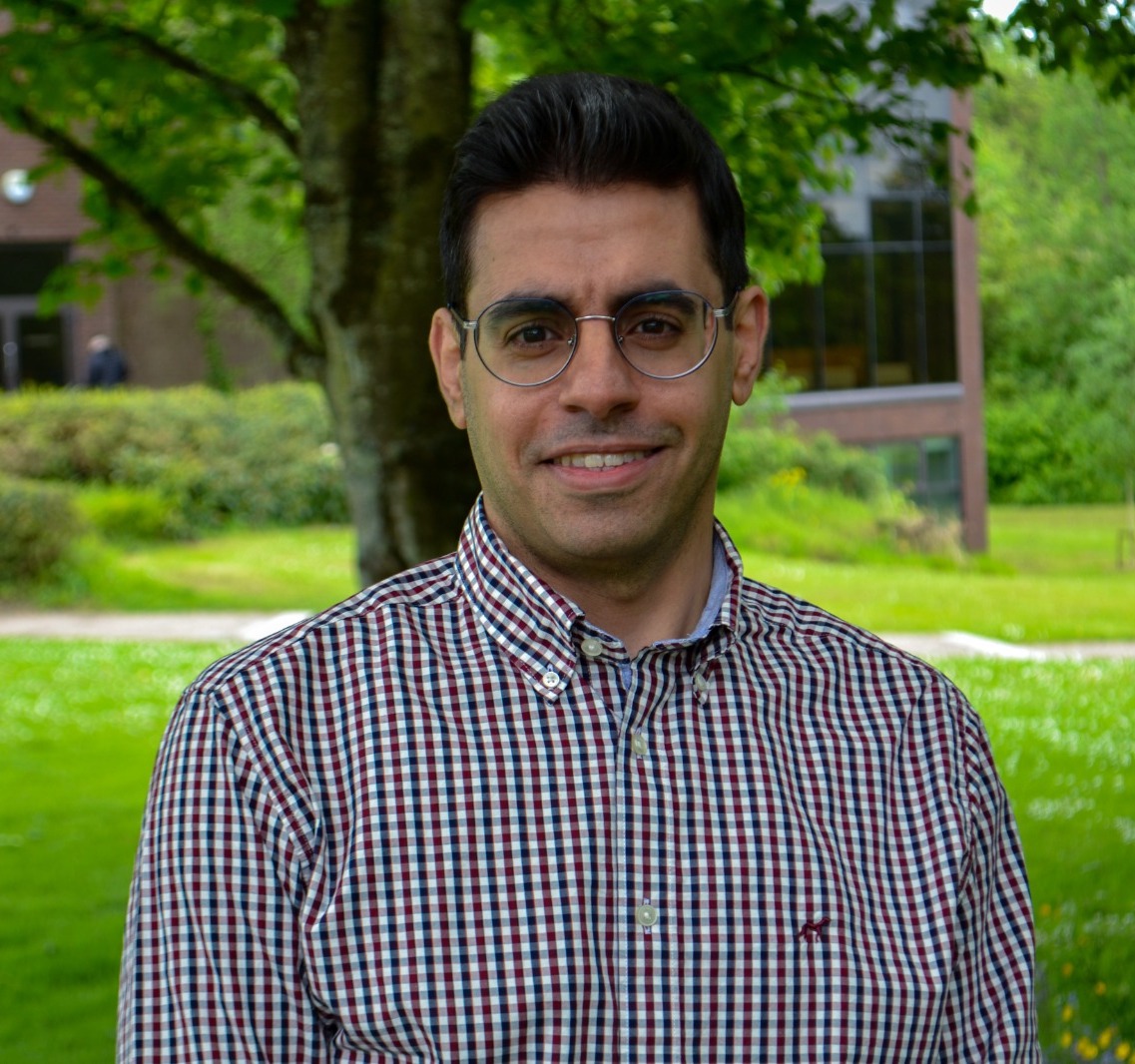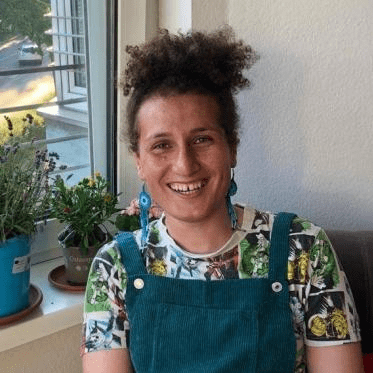The word that should be on the mind of everyone with an interest in the MENA region in 2024 is sustainability. The region is wrought with a series of politically unsustainable conditions that set the stage for destabilization in a number of countries, as demonstrated by the concerns of our nonresident fellows below.
In Lebanon, political elites impose paralysis while exploiting a deepening crisis for the Lebanese failed state that has impoverished over 80 percent of the population while forcing a desperate population to go back to their sectarian leaders for crumbs of support. In Tunisia, the country’s current account may have stabilized for now, but the country’s economic model remains unreformed and unable to generate the investment, growth, or jobs Tunisians need, especially young Tunisians. In Sudan, warring elites who many international actors insisted on centering during the country’s transition, often at the expense of civilian democratic movements, have displaced millions of people, killed tens of thousands, and continue to destabilize the country. In Syria, impunity persists and deepens as Bashar al-Assad continues to reject change, while the regime has increased its assault on civilians in Idlib, in the most serious military escalation of the past four years. Attempts by Syria’s neighbors to offer normalization without accountability in exchange for ending the export of Captagon has proven unsuccessful. In Egypt, the toxic cocktail of graft, poverty, repression, and hopelessness that compelled the masses to take to the street demanding the overthrow of Hosni Mubarak has only worsened. The government signed onto a package of reforms with the IMF over a year ago but has refused to rein in the regime’s excesses that have brought the state to the brink of bankruptcy.
Finally, in Gaza, 17 years of siege and diplomatic stasis has exploded into one of the most severe episodes of violence in the history of the Israeli-Palestinian conflict, with spillover in Egypt, Lebanon, Syria, Yemen, and Iraq. An emphasis on normalization alongside a failure to address the root causes of the conflict has clearly not yielded the results some in the Global North expected.
Going forward, short sighted ad hoc solutions can no longer serve as a substitute for strategic commitments to building politically sustainable realities in the region. The temptation for many governments to coddle, protect, arm, and subsidize autocrats and their acts of repression for brief respites of “stability” all but guarantees the persistence of longer-term instability, displacement, and violence. Adding political sustainability to our priorities of climate and economic sustainability is critical if we are to ever witness opportunities for a dignified existence for the peoples of this region; which is fundamental to achieving the stability countless governments insist is their priority.
We asked our nonresident fellows what they believe the policy world should focus on in 2024 based on their field of work. Here are their answers.
Lebanon
Omar Taleb
The possibility of a full-on war with Israel looms over Lebanon in 2024, in addition to other economic, political, and legal crises lingering from previous years as a result of authorities’ inaction.
The suffocating economic crisis, which hurled a majority of the population under the poverty line, will enter its sixth year with officials still unable—and unwilling—to undertake the necessary sweeping reforms. Closely related is the failure of parliament to elect a head of state since President Michel Aoun’s term ended in October 2022.
On the judicial front, the courts operated more steadily compared to previous years which saw strikes and the COVID-19 pandemic. However, logistical challenges remain: salary increases for judges and legal assistants remain insufficient to counter high inflation rates, which raises the risk of more strikes in 2024. Political powers in parliament are also stalling the passing of a 2018 draft law on the independence of the judiciary, which is of paramount importance but remains under committee review.
Flagrant political meddling in the judiciary continues, highlighting the inability of current legislation to ensure the independence of the courts. The Court of Cassation, the nation’s highest court, has some vacant positions which political authorities are reluctant to fill.
Such interference is one of the reasons why accountability remains elusive for key issues such as the 2020 Beirut port blast, and in the case against former Central Bank Governor Riad Salameh.
Egypt
Mostafa Al-A’sar
Egypt is likely to witness a fresh wave of repression in 2024 as President Abdel-Fattah el-Sisi embarks on a third term, secured through widely-criticized elections. Authorities displayed their insistence on silencing all dissenting voices during the presidential poll; exemplified by their investigation of the independent media outlet Saheeh Masr for exposing tactics used to censor unfavorable coverage of the elections.
The crackdown on civil freedoms is likely to grow with Sisi at the helm, as the government undertakes the impossible task of covering up the disastrous repercussions of failing economic policies. Prices have been increasing at an unprecedented pace as the currency depreciates against the US dollar amid a heightened risk of default on external debt.
Egyptian households have been bearing the brunt of bad policies for at least a decade, and we may be approaching a breaking point. The risk of increased illegal migration through the Mediterranean Sea in Egypt and Libya should not be discounted.
Internal conditions are volatile and any potential demonstrations will be met with intensified crackdown—an all-too-familiar pattern. Western governments seeking to ensure the stability of the region will not achieve that goal through supporting repressive governments, and the ability of Cairo to protect Western interests in exchange for turning a blind eye on its dismal human rights record appears to be at serious risk. A shift in policy is urgently needed for 2024.
Sudan
Mohamed Osman
The ongoing conflict in Sudan, which started in April 2023, continues to inflict unbearable suffering and destruction and incredible harm on the civilian population. Regional and international responses to the crisis remain feeble and insufficient, compounding the cost exacted on the people and the country.
Regional and international policymakers should abandon their current playbook, deploy more resources, and focus on prioritizing civilian protection, especially for communities in Darfur. International actors should focus on accountability, and on curbing the abilities of warring parties to inflict more harm by using targeted sanctions and arms embargo. At the same time, international actors should engage with a wider range of stakeholders, beyond the political elites; mainly volunteer groups, resistance committees, human and women rights defenders, trade unions such as the Sudan Doctors’ Syndicate, and groups representing the displaced populations and refugees. By doing so, they would be able to design and implement better informed policies that are more likely to succeed in ending the conflict and preventing its recurrence.
Reem Abbas
In 2024, policymakers should focus on food insecurity both as a cause and an enabler of conflict. The war in Sudan has shown that farming is not only essential to the country’s economy but also to the health of its social fabric and the stability and security of various communities. Agrarianism is often associated with lending importance to the family, the community, keeping and maintaining social relations, and the tendency toward peaceful resolution of conflict. Accordingly, fostering and supporting agriculture can be used as an important peace-buidling tool in Sudan as it brings people together as partners with equally important interests whether they are farmers or land owners.
The conflict in Sudan has shown that agriculture is a vehicle for community stability, as the ability to produce food instills a feeling of security even in the absence of the state and much-needed services. Since the war broke out in April 2023, farming communities in Sudan were able to create safe zones, secure their resources and use any profit to improve educational and healthcare services in their area. Policy should prioritize garnering further support and protection should for such communities.
Syria
Alaa Assani
In 2024, policymakers should focus on issues surrounding Housing, Land, and Property (HLP) rights in Syria, specifically with regards to gender, with the objective of ensuring fair compensation for displaced Syrians and facilitating the voluntary, safe, and dignified return of refugees to their homes.
Syrian law is being manipulated to punish refugees and alter demographics by forcibly displacing people using property seizures and redevelopment projects. These instances of weaponization of HLP rights are grave violations of human rights.
In addition, the country’s social norms, bolstered by skewed interpretations of civil and religious jurisdiction, often prevent women from accessing their HLP and inheritance rights. Monitoring and documenting such violations with a feminist, victims-centered approach is essential to addressing the issue as well as fostering accountability in a holistic and transformative manner.
It is also essential to recognize that the broader context in Syria remains deeply challenging. The international community must prioritize a Syrian-led political solution along with accountability mechanisms to achieve sustainable peace in Syria rather than focusing solely on emergency and humanitarian efforts only. This shift in focus is critical to undo the marginalization of HLP rights on policymakers’ agendas and help end the ongoing devastation faced by Syrians.
Wafa Mustafa
A major area of focus for policymakers in Syria in 2024 should be ensuring accountability for the persistent crimes committed by the Assad regime, with a particular emphasis on forced disappearances, while allowing for a central role for the families of detainees in this endeavor. There are about 155,000 detained or forcibly disappeared people in the country, and their families are still trying to locate them and seek justice.
The perspectives of the families are essential in crafting robust policies and laying out the groundwork for comprehensive solutions. In exile, families of detainees often operate within often complex political and social contexts, in countries such as Turkey, Lebanon, or even Germany; an issue that needs to be acknowledged and considered while designing and enacting policies. This approach not only confronts the ongoing crimes in Syria head-on but also empowers the connections built between struggles that demand collective attention and action.
Tunisia
Lamine Benghazi
Disillusionment with international law and human rights in Tunisia has soared to unprecedented levels amid the unfolding horrors perpetrated by Israeli forces in Gaza. The failure to prevent atrocities, coupled with contrasting responses to the Ukraine conflict, further reinforced the perception of Western indifference to the plight of the Global South.
Meanwhile, Tunisian NGOs, similar to their counterparts across the MENA region, faced penalties by donors for their pro-Palestinian stance. Such policies not only widen the gap between the West and the Arab world but also undermine the global framework for peaceful activism.
President Kais Saied’s authoritarian regime, irritated by Western scrutiny over the country’s democratic erosion is seizing this opportunity to dismiss external critics and portray internal dissent as agents of a West complicit in war crimes. This paves the way for further repressive measures, particularly the targeting of civic space.
While Western decision-makers must address the impact of their policies, activists and citizens in the region should resist the temptation to completely reject the international human rights law system, and instead reclaim it. This dual purpose exposes double standards and serves as a resolute call for accountability and justice, two essential items for restoring faith in international governance.
Ayoub Menzli
In 2024, Tunisia’s political and economic systems will continue to be impacted by major shifts similar to those witnessed in the past few years.
Decades of failed economic policies, austerity measures, and exploitative development models have ironically brought about both the Tunisian revolution and its demise. It is important today to note the lessons learned, starting with the impossibility of democratizing a system that has not yet been decolonized.
High on the policy agenda should be issues related to monetary, food, and energy sovereignty as well as a just energy and climate transition that benefits not just European corporations but also local populations. Higher added-value industrial policy and fairer trade deals are also required to escape the structural trade deficit and the debt cycle.
Such policies require addressing the concentration of wealth and power in Tunisia through more progressive taxation and stronger regulations, with the goal of democratizing the economy as means to democratize politics.
Regional
Mona Shtaya
In 2024, significant challenges demand the attention of the policy world in the MENA region. First, the legislative landscape impacting digital rights, with the introduction of new laws in countries like Lebanon, Jordan, and Algeria, requires thorough examination. These developments have the potential to reshape the digital rights framework, affecting citizens’ freedoms and privacy, particularly in the context of shrinking spaces for human rights defenders, activists, journalists, and civil society in the MENA region.
Moreover, the developments in AI and its implications in the MENA region is a pressing issue that requires special attention and in-depth analysis. As this technology evolves, it is essential to understand its societal impact. Exploring the intersections of AI and regional inequities allows advocacy efforts and policymakers to proactively address potential disparities and ensure a more inclusive and fair digital landscape.
Surveillance remains a persistent concern as governments weaponize technology and exploit data to suppress freedom of speech and violate the right to privacy, both online and offline. Global policymakers must acknowledge the necessity for international regulations that strike a delicate balance between security concerns and safeguarding individual rights and freedoms.
Addressing these issues requires collaboration among human rights defenders and digital rights organizations at the local, regional, and international levels in their intersectional struggle against shrinking spaces caused by both tech companies and governments.
Marc Ayoub
The war on Gaza has deeply jolted the political and geopolitical scene in MENA and beyond, and will continue to do so in 2024. One aspect of concern is the geopolitics of the East-Med oil and gas sector and the impacts of the war beyond just Palestine and Israel, but also in Lebanon, Syria, and European countries, specifically Cyprus and Greece. It is yet to be seen how major geopolitical players will be dealing with such issues in 2024.
The COP summit was held for the second consecutive year in the MENA region in 2023, with pledges and treaties made. It is now up to nations to take action. Countries will need to transform domestic legislation and policies, including ramping up renewables and transitioning away from fossil fuels. It will be also important to see how climate finance will translate into an operational Loss and Damage Fund, and how much money the MENA region will be able to attract.
The MENA region has witnessed in 2023 rising energy inequalities amid conflicts as well as economic and environmental crises. This is the case for Egypt, Lebanon, Sudan, and Syria, among others. It will be important to push policymakers to address these inequalities at the national and regional levels to protect vulnerable communities and ensure equitable and fair access to affordable energy.
Nora Noralla
Gender and sexuality issues, especially LGBTQ+ issues, may not be on policymakers’ agenda or even a priority in the MENA region. Nonetheless, sexual and gender minorities have experienced increased violence—state and non-state—over the past years, a reflection of the general decay in human rights and rule of law in the region. This continues to bolster the abuse of these groups and limits the spaces available to them.
Sexual and gender minorities in the region are resilient and innovative, despite all the limitations they endure. However, they cannot be left alone to fight for their human rights, and allyship is essential. There needs to be greater intersectionality within policy circles to include their issues in future advocacy strategies in 2024. Those issues include ensuring the right to adequate healthcare for intersex and transgender people, ensuring the right to access to justice, supporting local groups in their advocacy efforts, and finding alternative spaces to the ones lost in the past years.

